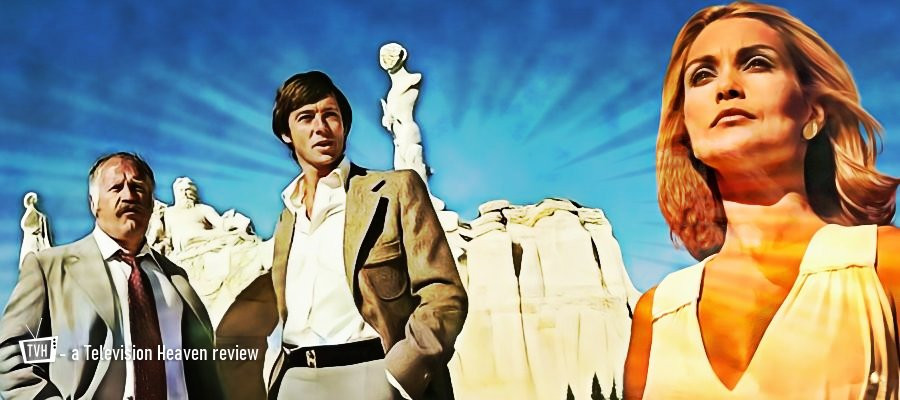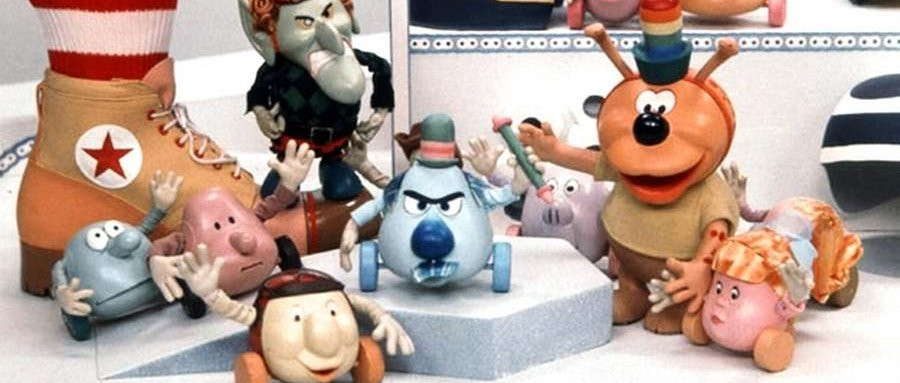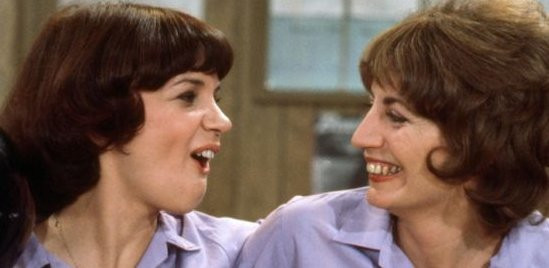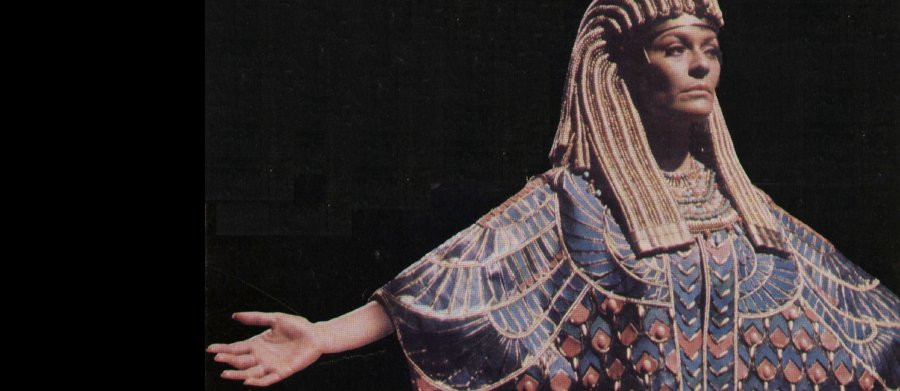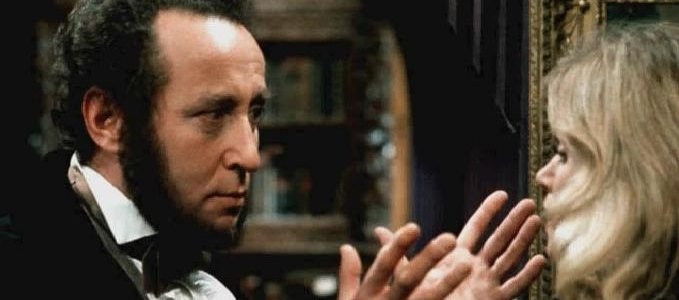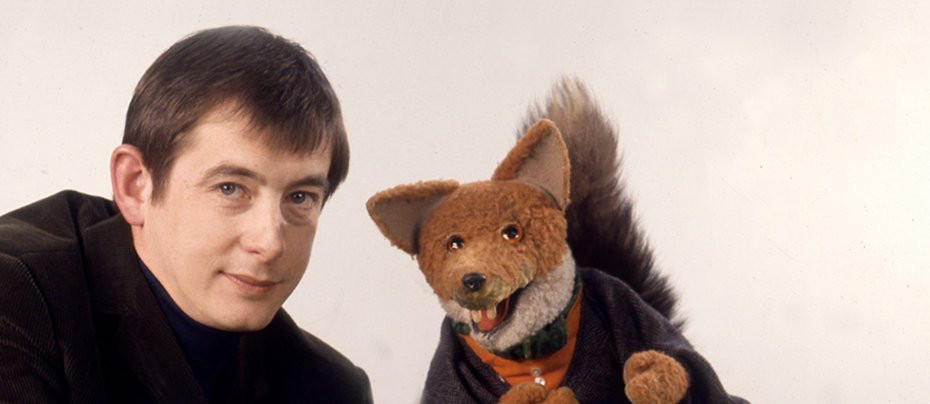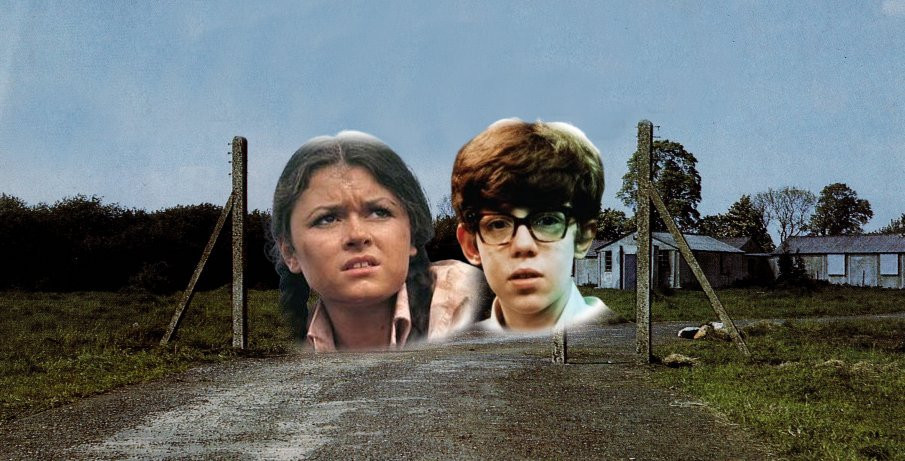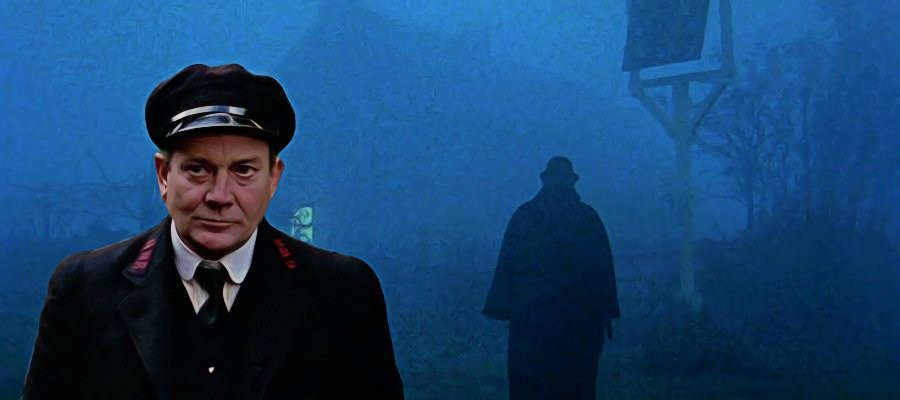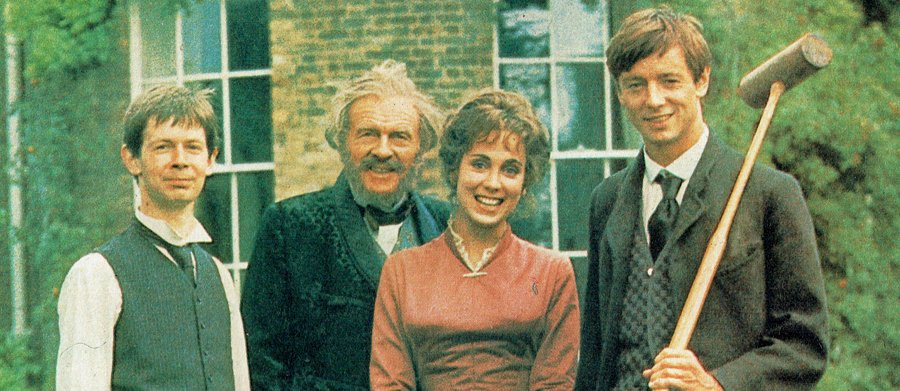
Clayhanger
1976 - United KingdomBased on a series of novels by Arnold Bennett, Clayhanger was an ambitious undertaking by ATV to bring to the small screen an epic of 26 episodes in a single run.
Set in the Staffordshire Potteries in the late 19th century, the series opens in the year 1872. Edwin Clayhanger has turned 16 and it's his last day at school. His wish is to become an architect but his domineering father, Darius, the owner of a successful printing works, has other ideas for the lad's future. As a result, Edwin vows never to forgive his father for forcing him to give up his ambitions.
Although very much Edwin's story, it is Darius' rise from poverty to business owner that is crucial to the story of Clayhanger and the relationship between father and son. Darius was born in the late 1820's, his father worked at a potbank, a factory where bone china and earthenware is made, where the bottle shaped chimneys would spew out a constant stream of black smoke which coloured the surrounding buildings, killed off the plants and darkened the surrounding sky to a point where it was almost hidden. Darius' education was undertaken in the front room of a local widow who taught him to use a few capital letters and how to knit. That education finished at the age of seven when it was time for him to go to work.
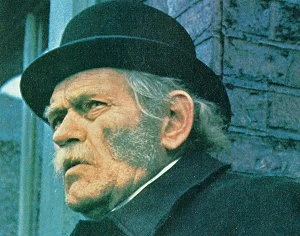
Darius laboured from 5.30 in the morning until eight at night for a shilling a week, his only escape being a primitive Methodist Sunday School. The disciplines he learns there; temperance, obedience, the virtues of honest work and most of all the belief that real pleasure comes after death through the blood of Christ, are the principles that he adapts later in life when he has a family of his own. His rise from poverty comes only after his father is forced to take the family into the workhouse and they are subsquently rescued by Mr Shushions, the superintendent of the Sunday school, who finds them jobs - Darius going to work as a printers devil where he would master his trade and work his way up to respectability and finally come to own a printing works.
But Darius would never reveal his humble beginnings to his children, about the nightmare of 'The Bastille', the nickname of the workhouse so starkly described in Bennett's first novel: "It proved to be the largest building that Darius had ever seen; and indeed it was the largest in the district; they stood against its steep sides like flies against a kennel. Then there was rattling of key-bunches, and the rasping voices of sour officials, who did not inquire if they would like a meal after their stroll. And they were put into a cellar and stripped and washed and dressed in other people’s clothes, and then separated, amid tears. And Darius was pitched into a large crowd of other boys, all clothed like himself. He now understood the reason for shame; it was because he could have no distinctive clothes of his own, because he had somehow lost his identity All the boys had a sullen, furtive glance, and when they spoke it was in whispers.”
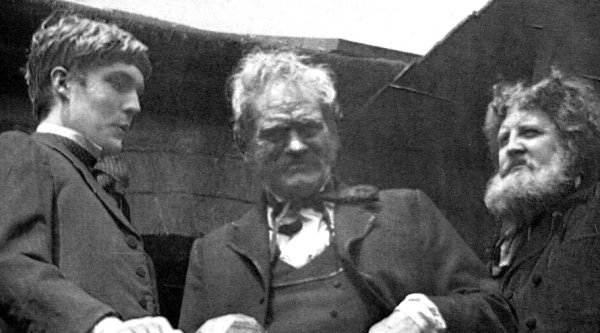
By the time Darius was nine he had seen as much bullying and drunkenness as most men would see in a lifetime, but at The Bastille these would pale into insignificance to the horrors he was still to witness: "In the low room where the boys were assembled there fell a silence, and Darius heard some one whisper that the celebrated boy who had run away and been caught would be flogged before supper. Down the long room ran a long table. Some one brought in three candles in tin candlesticks and set them near the end of this table. Then somebody else brought in a pickled birch-rod, dripping with the salt water from which it had been taken, and also a small square table. Then came some officials, and a clergyman, and then, surpassing the rest in majesty, the governor of the Bastille, a terrible man. The governor made a speech about the crime of running away from the Bastille, and when he had spoken for a fair time, the clergyman talked in the same sense; and then a captured tiger, dressed like a boy, with darting fierce eyes, was dragged in by two men, and laid face down on the square table, and four boys were commanded to step forward and hold tightly the four members of this tiger. And, his clothes having previously been removed as far as his waist, his breeches were next pulled down his legs. Then the rod was raised and it descended swishing, and blood began to flow; but far more startling than the blood were the shrill screams of the tiger; they were so loud and deafening that the spectators could safely converse under their shelter. The boys in charge of the victim had to cling hard and grind their teeth in the effort to keep him prone. As the blows succeeded each other, Darius became more and more ashamed. The physical spectacle did not sicken nor horrify him, for he was a man of wide experience; but he had never before seen flogging by lawful authority."
"Darius had never spoken to a soul of his night in the Bastille. All his infancy was his own fearful secret. His life, seen whole, had been a miracle. But none knew that except himself and Mr Shushions. Assuredly Edwin never even faintly suspected it. To Edwin Mr Shushions was nothing but a feeble and tedious old man."
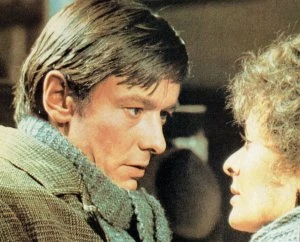
By the time Edwin is born his family has risen to the middle-classes and so he cannot comprehend what motivates his father who he regards as nothing more than a pig-headed bully who often humiliates him in front of customers. Why was Edwin forced to go to Sunday School? Why would his father oppose his desired profession? Why can’t he escape the depressing surroundings of the Five Towns (the Clayhangers live in Bursley – the other adjoining pottery towns are Hanbridge, Turnhill, Longshaw and Knype) whose virtues he deplores?
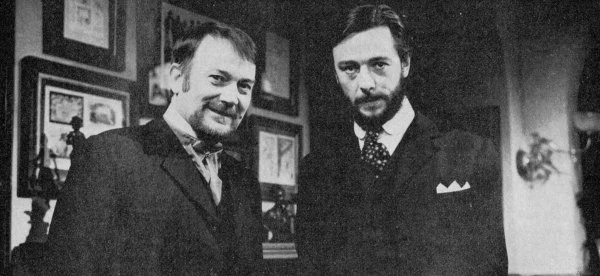
Edwin has two sisters, Maggie and Clara, his mother having died shortly after giving birth to the youngest. As such it is Maggie who has taken on the matriarchal role. Although only twenty years of age she has given up all thoughts of marriage. Clara, a pretty 13-year-old but like most girls in Five Towns her most important priority is to find a husband by the time she is seventeen, and in this respect she has already succeeded by choosing Albert Benbow, a partner in a small pottery firm and therefore of equal standing in the community.
The other female in the family is auntie Hamps, herself a widow at the age of 40 and with no children of her own the Clayhanger family is her life.
And so, the scene is set for perhaps ITV’s answer to the hugely successful BBC series The Forsyte Saga or as a replacement for the recently departed Upstairs, Downstairs as we are taken on a journey through the decades and accompany the family through their ups and downs, births, marriages and deaths. Sadly, for Clayhanger, though, it never received the same plaudits as the Saga, was never nominated for any awards and appears to be largely forgotten, in spite of having an excellent cast that included Peter McEnery, Harry Andrews, Janet Suzman, Denis Quilley and Denholm Elliott. The problem may have been that, at 26 episodes, many viewers found the pacing too slow for their liking and a shorter series, or possibly even a split into two seasons may have benefitted. Either way, it is questionable whether or not it deserved the £500,000 that ATV spent on producing it.
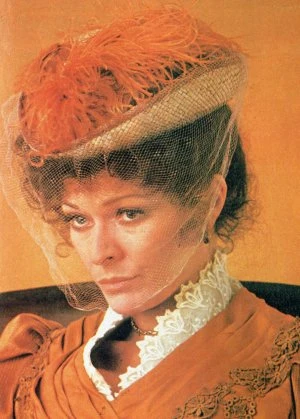
The series is available on DVD and by and large, reviews on Amazon by a contemporary audience, or even those revisiting the series, appear to be more favourable with 65 percent of viewers giving it five stars.
Clayhanger was the bringing together of four novels: Clayhanger (1910), Hilda Lessways (1911), These Twain (1916) and The Roll-Call (1918). However, it was not the first television adaptation. In 1959 the BBC adapted the first two novels in 6 parts under the title Hilda Lessways. That series starred Judi Dench as Hilda and Violet Carson as Auntie Hamps. Furthermore, a radio adaptation was broadcast in 1967.
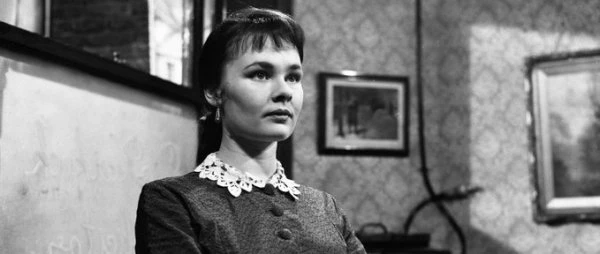
Seen this show? How do you rate it?
Seen this show? How do you rate it?
Published on January 20th, 2020. Written by Marc Saul for Television Heaven.


